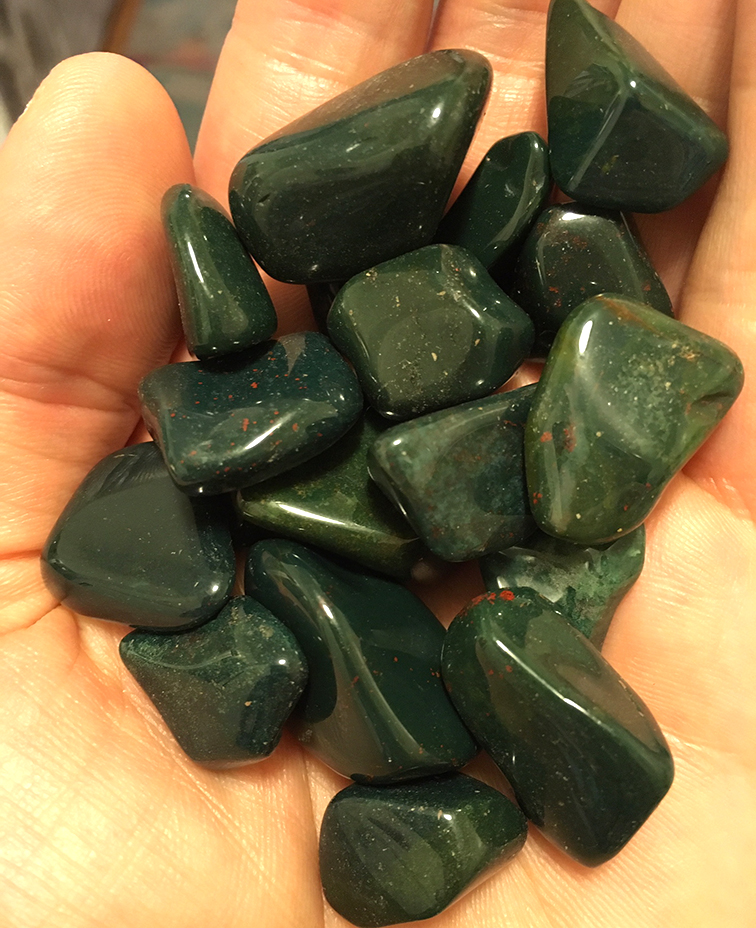Difference between revisions of "Template:POTD protected"
Jump to navigation
Jump to search
Occultwiki (talk | contribs) |
Occultwiki (talk | contribs) |
||
| Line 1: | Line 1: | ||
{| role="presentation" style="margin:0 3px 3px; width:100%; text-align:left; background-color:transparent; border-collapse: collapse; " | {| role="presentation" style="margin:0 3px 3px; width:100%; text-align:left; background-color:transparent; border-collapse: collapse; " | ||
|style="padding:0 0.9em 0 0;" | [[File: | |style="padding:0 0.9em 0 0;" | [[File:Bloodstones1.jpg|300px|thumb|]] | ||
|style="padding:0 6px 0 0"| | |style="padding:0 6px 0 0"| | ||
'''[[ | The mineral aggregate '''[[bloodstone]]''' is a cryptocrystalline mixture of [[quartz]] that occurs mostly as [[jasper]] (opaque) or sometimes as [[chalcedony]] (translucent). The "classic" bloodstone is opaque green jasper with red inclusions of hematite. The red inclusions may resemble spots of blood, hence its name. | ||
<p><small> | Bloodstone was called "stone of Babylon" by Albertus Magnus and he referred to several [[ritual magic|magical]] properties, which were attributed to it from Late Antiquity. Pliny the Elder (1st century) mentioned first that the [[magician]]s used it as a stone of invisibility. Damigeron (4th century) wrote about its ability to make rain, [[solar eclipse]]s and its special virtue in [[divination]] and preserving health and youth. | ||
<p><small>Photographer: [[Travis McHenry]]</small></p> | |||
[[:Category:Images|'''(More Images)''']] | [[:Category:Images|'''(More Images)''']] | ||
<div class="potd-recent" style="text-align:right;"> | <div class="potd-recent" style="text-align:right;"> | ||
Revision as of 06:46, 23 November 2024
|
The mineral aggregate bloodstone is a cryptocrystalline mixture of quartz that occurs mostly as jasper (opaque) or sometimes as chalcedony (translucent). The "classic" bloodstone is opaque green jasper with red inclusions of hematite. The red inclusions may resemble spots of blood, hence its name. Bloodstone was called "stone of Babylon" by Albertus Magnus and he referred to several magical properties, which were attributed to it from Late Antiquity. Pliny the Elder (1st century) mentioned first that the magicians used it as a stone of invisibility. Damigeron (4th century) wrote about its ability to make rain, solar eclipses and its special virtue in divination and preserving health and youth. Photographer: Travis McHenry |
